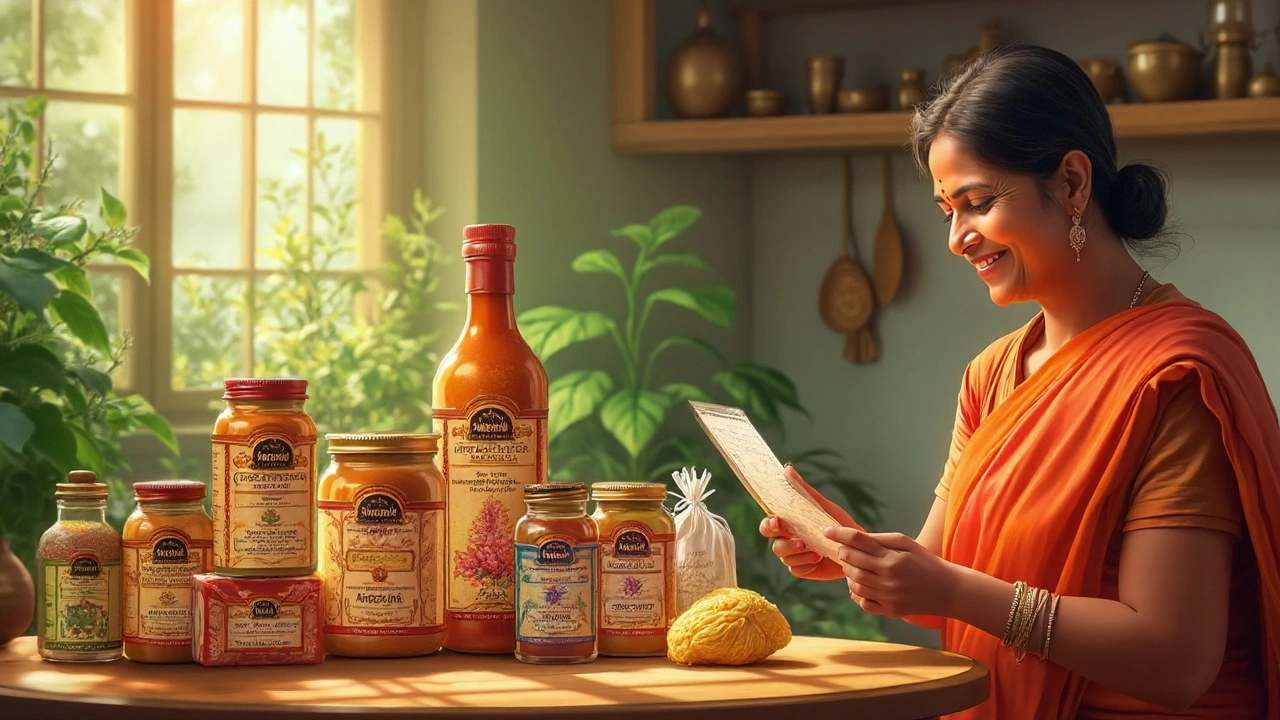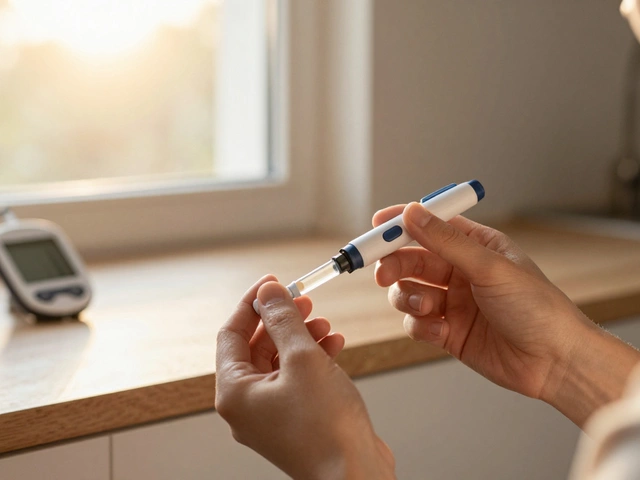Trusted Herbal Products – Simple Guide to Quality & Safety
Herbal supplements are everywhere, but not all of them are safe or effective. With so many brands promising miracles, it can feel hard to know which ones you can trust. That’s why we’re breaking down the basics – no jargon, just clear steps you can use today.
What Makes an Herbal Product Trustworthy?
First off, look for a label that shows the product has been tested by an independent lab. In India, the AYUSH ministry and the Food Safety and Standards Authority (FSSAI) provide certification for good manufacturing practices (GMP). If you see a GMP logo, it means the company follows strict hygiene and quality controls.
Second, check the ingredient list. A trustworthy product will list the exact plant name (Latin name helps), the part used (leaf, root, seed), and the amount per serving. Vague terms like “herb extract” or “proprietary blend” hide the real dosage and can lead to unpredictable effects.
Third, read the expiry date. Herbs can lose potency over time, especially if stored in heat or light. A fresh batch usually retains its active compounds, so never skip the date.
Smart Steps to Choose Safe Herbs
1. Research the brand. Look for reviews from real users, not just paid testimonials. Indian forums, health blogs, and YouTube channels often share honest experiences.
2. Ask for third‑party test reports. Reputable companies will upload a PDF showing heavy‑metal testing, pesticide screening, and cannabinoid profiling (if applicable). If they won’t share it, walk away.
3. Start with a small dose. Even a high‑quality herb can cause an upset if you jump straight to the recommended serving. Try half the dose for a week and note any reactions.
4. Watch for interactions. Some herbs, like milk thistle or ginseng, can interfere with prescription medicines. Keep a list of what you’re taking and ask a pharmacist or doctor before adding a new supplement.
5. Prefer trusted sources. Pharmacies, licensed Ayurvedic clinics, and reputable online stores that ship from certified warehouses are safer than random marketplace sellers.
Popular herbs such as turmeric, ashwagandha, and neem have been studied for years, but the safety still hinges on the manufacturing process. A well‑made turmeric capsule should list “Curcuma longa (rhizome) extract – 500 mg” and show a standardized curcumin percentage (usually 95%). If it only says “turmeric powder,” the active content may be too low to matter.
Finally, keep an eye on price. Extremely cheap products often cut corners on sourcing or testing. If a bottle costs a fraction of similar items, it’s a red flag.
By following these steps, you can separate the trustworthy herbal products from the hype. Remember, the goal is to support your health, not gamble on unverified claims.
Got a favorite herbal brand you trust? Share your experience in the comments – the more we know, the safer we all become.






